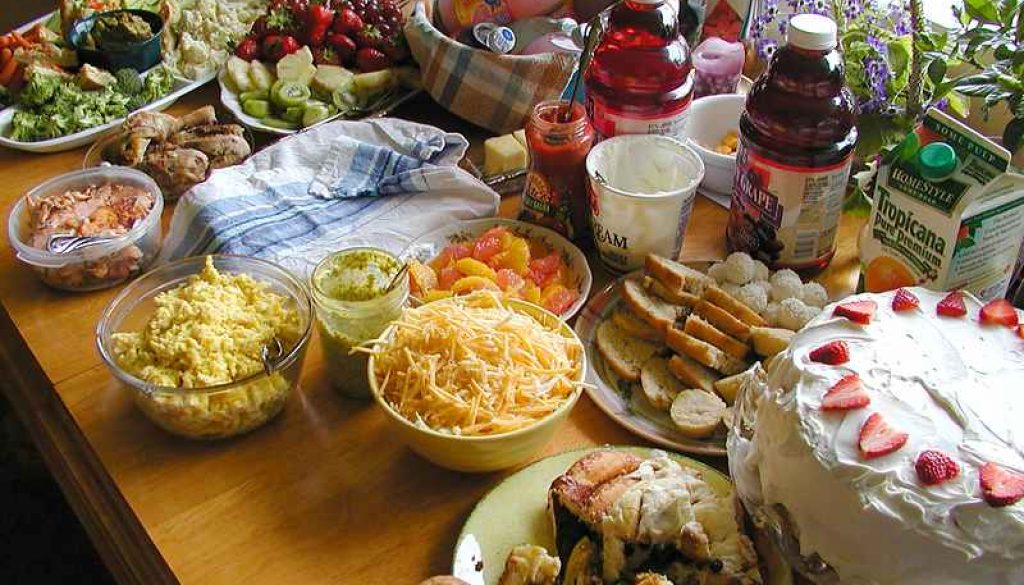The Roles of Rabbi on Kosher

Myth: People often think that rabbi is required in order to bless the foods, but the truth is that it is his task to watch and monitor. They need the service of rabbi because he is known to be well-educated when it comes to intricacies and Jewish law details that pertain to food (Talmud, Shulchun Orech Etal, torah).
What is Kosher? Kosher are foods are those that adhere to the kashrut laws, the Jewish dietary laws of the Torah. These foods might be consumed in accordance to the Jewish law also known as halakha, which is referred to as in English as law. Kosher from the Hebrew’s Ashkenazi pronunciation term “kasher” means to fit, the term ideally fits with consumption of food. Those foods that are not according to Jewish law are referred to as ‘trief’, Non-kosher food not in accord/balence with Jewish dietary laws.
The list of a permissible/non-permissible kosher foods may be found in the Leviticus book 11:1-47 along with the particular kosher rules.
A rabbi or ‘mashgiach’ (hebrew for supervisor, supervises the kashrut status of a kosher establishment) is needed whenever a fish or meat is cooked or prepared. They are the ones who monitor fresh eggs for spotting blood before they’re used for cooking. Mashgiach must also inspect the existing vegetables to check for some forbidden insects before using them. Mashgiach is the one responsible for conducting the “Mitzvah of Challah” in which a tithe of bread will be set aside, saved for the consumption of a Kohen.
In order to satisfy the requirements of Sephardic Jews, a mashgiach might be requested to play a more active role while in the process of cooking. The mashgiach should also light the pilot lights along with turning on cooking and some heating equipment in order to satisfy the Bishul Yisroel requirements (foods that are cooked by the Jew) together with the Pas Yisroel (the bread baked by the Jew). In such a way the Jew should be involved within the cooking process of any forms of kosher foods, which is fit for the table of the king.
One of the very serious and usually hard tasks of the mashgiach is the verification and checking in of food shipments. The mashgiach needs to make certain that each of the food products arrive at the designated food facility has the reliable hekhsher (kosher approval of a rabbinic product certification) before using them. Suppliers have been known to usually substitute out of stock products with those non-kosher products. While many non-kosher establishments will normally disregard these substitutions, however, for any kosher establishment these forms of substitutions could cause serious kosher problems. When the product arrives without the heksher, a mashgiach should ensure that the products has been marked clearly as the non-kosher, and yet return it to the concerned supplier. There are times when a certain product arrives, which supposedly kosher, and yet there is no evident heksher found. In this situation, the mashgiach requests for a valid certification letter from their certifying kashut agency or rabbi.
